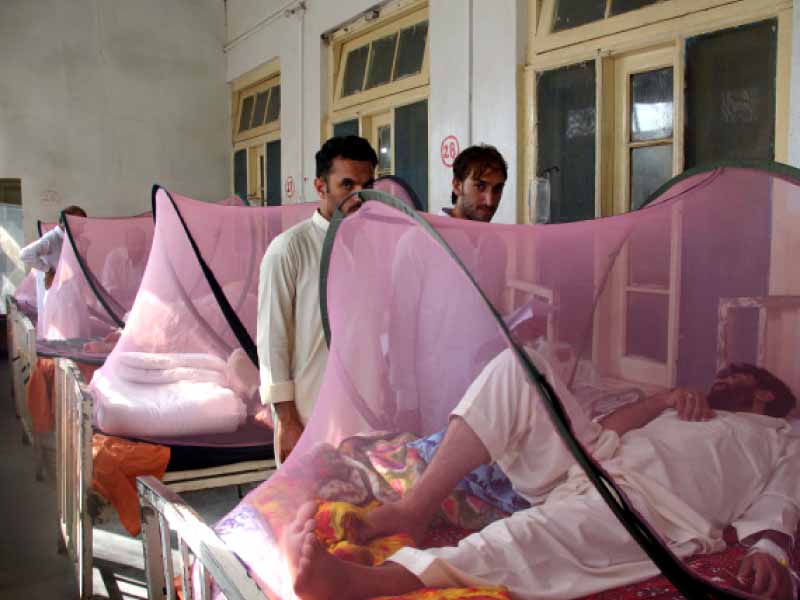The World Health Organisation (WHO) has warned that dengue might rise in Afghanistan. Dengue also known as bone-breaking fever.
The group tweeted on Sunday, May 21, that as the rainy season gets underway, dengue incidence may rise. It also stated that “we are preparing our health workers to handle dengue cases.”
The World Health Organisation emphasised the need for medical workers to receive training in order to prevent dengue fever in eastern Afghanistan and said that these areas are more susceptible to the illness.
The World Health Organisation recently trained 300 doctors, nurses, and laboratory technicians from 18 hospitals, as well as 250 health facilitators from Kunar, Laghman, Nuristan, and Nangarhar. This organisation has also held training sessions for 300 medical professionals throughout the eastern provinces of Afghanistan.
The group urged Afghans to take the necessary steps to keep their family safe from mosquito bites and avoid dengue sickness.
Also read this: https://thedurandtimes.com/news-afghan-womens-healthcare-crisis/
According to the World Health Organisation, 65 female healthcare professionals took part in a three-day course on managing dengue sickness. He said, “We remind people to protect themselves and their families from mosquito bites and prevent dengue fever as we prepare health facilities.”
The term “dengue fever” refers to a viral illness, according to the material provided in the free online encyclopaedia. Other names for it include bone-breaking fever, dengue fever, and dengue fever.
The “Aedes” mosquito, which bites people, is the carrier of this illness. The Asian tiger mosquito is a kind of mosquito that lives in tropical areas of the world, particularly Southeast Asia, which includes Malaysia.
Recently, this sickness has expanded widely and claimed a large number of lives. Headache, backache, frequently a high temperature, and occasionally rash and itching in various body areas are the symptoms of this illness.

